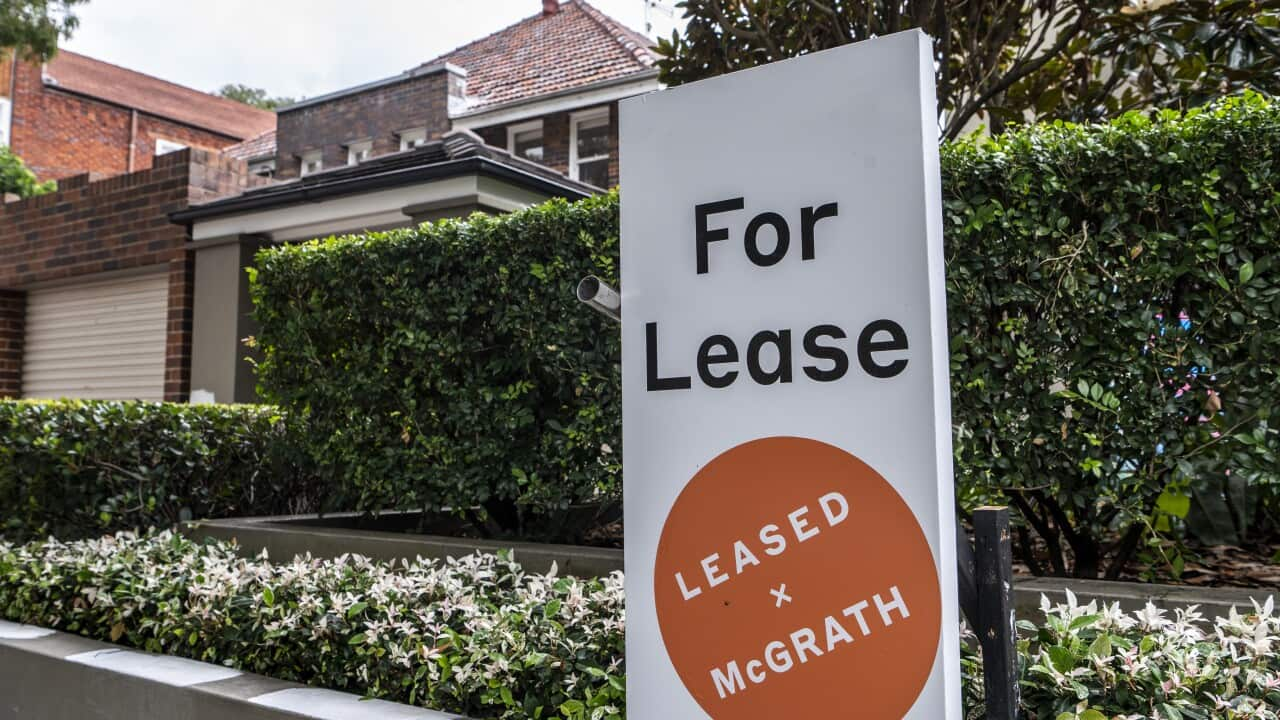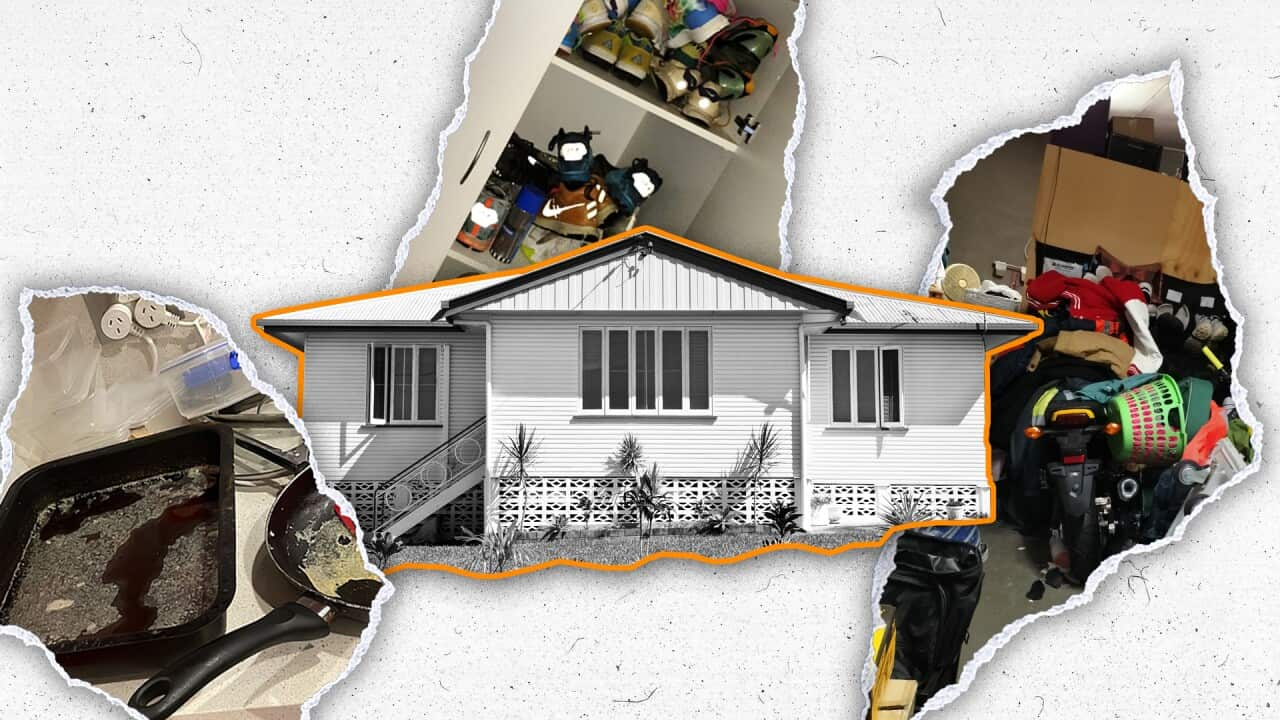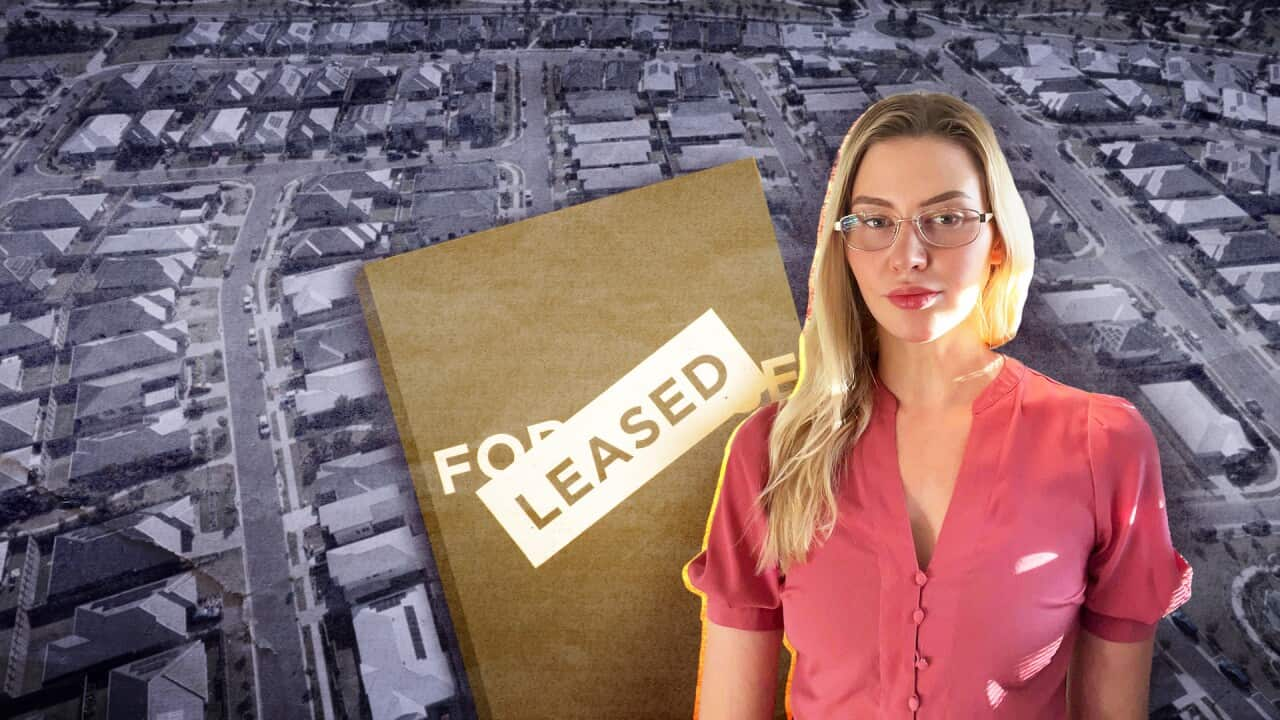KEY POINTS
- The report found nurses, cleaners, aged care and postal workers were among those hit hardest by the rental crisis.
- Queensland has become one of the least affordable states for renters.
- In NSW and Victoria there were no affordable regions for essential workers earning award wages.
Essential aged care, child care, hospitality, postal and freight workers are being priced out of the rental market across Australia with the average employee forced to spend around two thirds of their income on housing.
Since March 2020, workers on award wages had lost an average of six hours from their weekly income to rent increases, according to a new report produced by the Everybody's Home campaign.
This amounts to 37 days worth of wages every year, but child care, hospitality and meat-packing workers are losing at least 40 days worth.
The report found nurses, cleaners, aged care and postal workers were among those hit hardest by the rental crisis, spending most of their pay on housing costs.
Findings showed rising rents meant essential workers in single households were likely to be in serious financial stress, while those in coupled homes were probably financially dependent on their partner's income.
Based on the average cost of rentals in capital cities, the report found full-time workers on the lowest award wage would be left with around $20 a day after paying rent.
Meat packers and hospitality staff in capital cities are spending more than 80 per cent of their earnings just on rent.
Queensland has become one of the least affordable states for renters with the highest paid essential workers spending at least half of their incomes on rent.
In NSW and Victoria there were no affordable regions for essential workers earning award wages.
Everybody's Home spokeswoman Maiy Azize said workers in essential industries were the backbone of Australian communities, yet more and more were being pushed into serious rental stress.
"Virtually no region in Australia is affordable for our aged care workers, early childhood carers, cleaners, nurses and many other essential workers we rely on," she said.
"Our tax system is rigged against renters, driving up the cost of rent for millions of Australians and on top of that (there is) a huge shortfall of social homes for people who can't afford rent."
Everybody's Home was established by a coalition of 400 housing, homelessness and welfare organisations."
The campaign is calling on the federal government to start building 25,000 social homes every year to help with the shortfall, funded by winding back tax concessions for investors and landlords.
The Albanese government has proposed a package of housing reforms which includes a $10 billion housing future fund to finance the construction of 30,000 social and affordable rental homes over five years.
But the proposal faces a parliamentary challenge from the Greens and crossbenchers who want greater investment to meet existing housing challenges.











